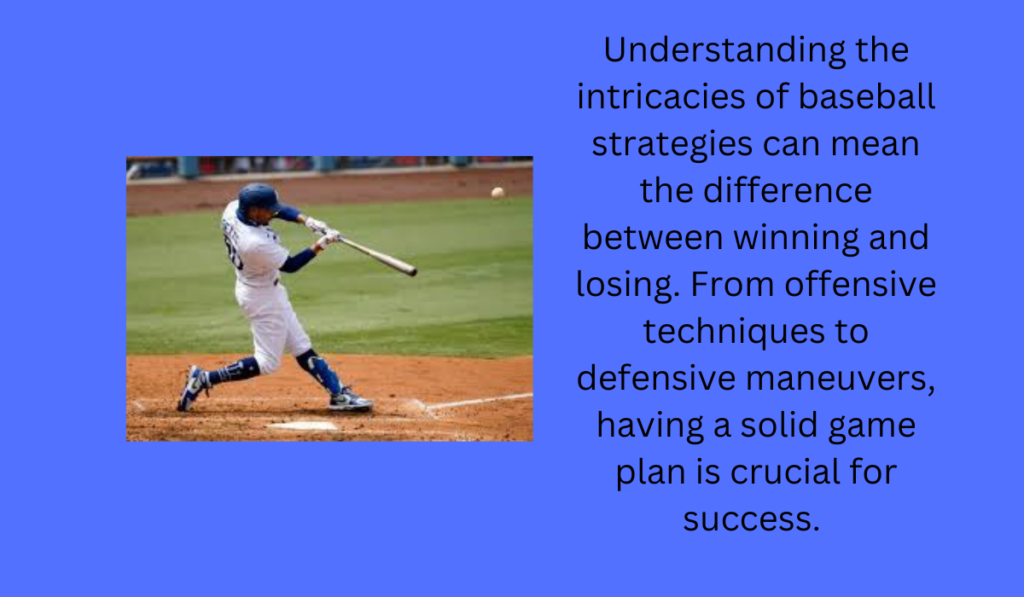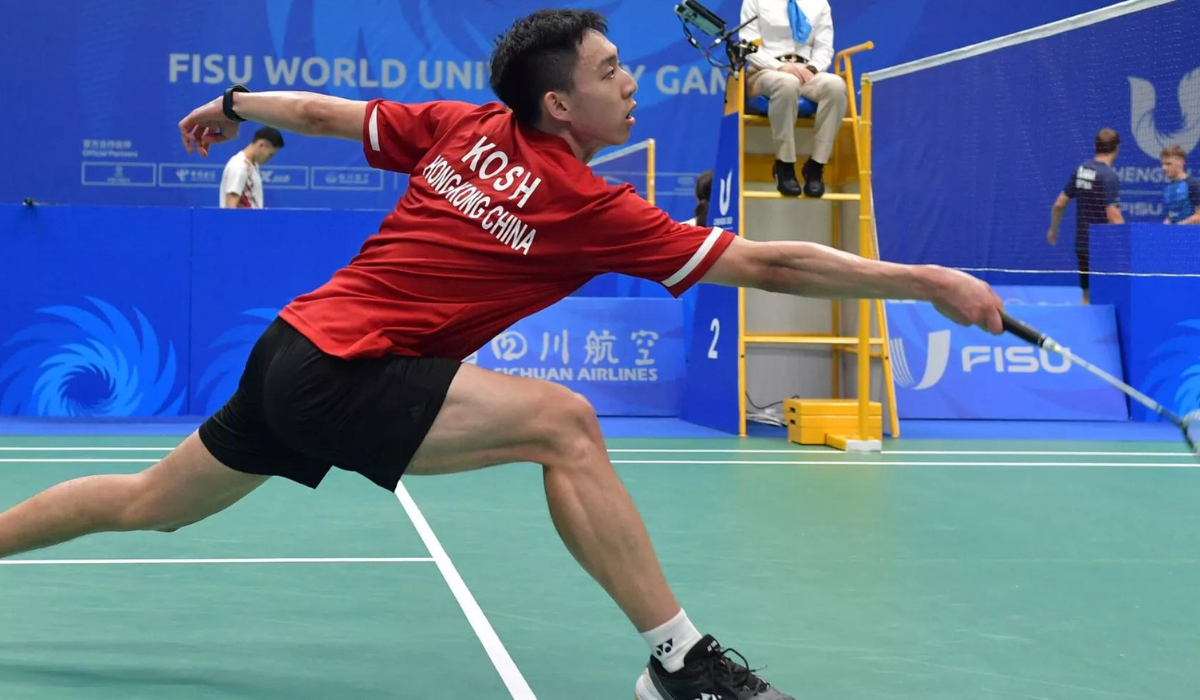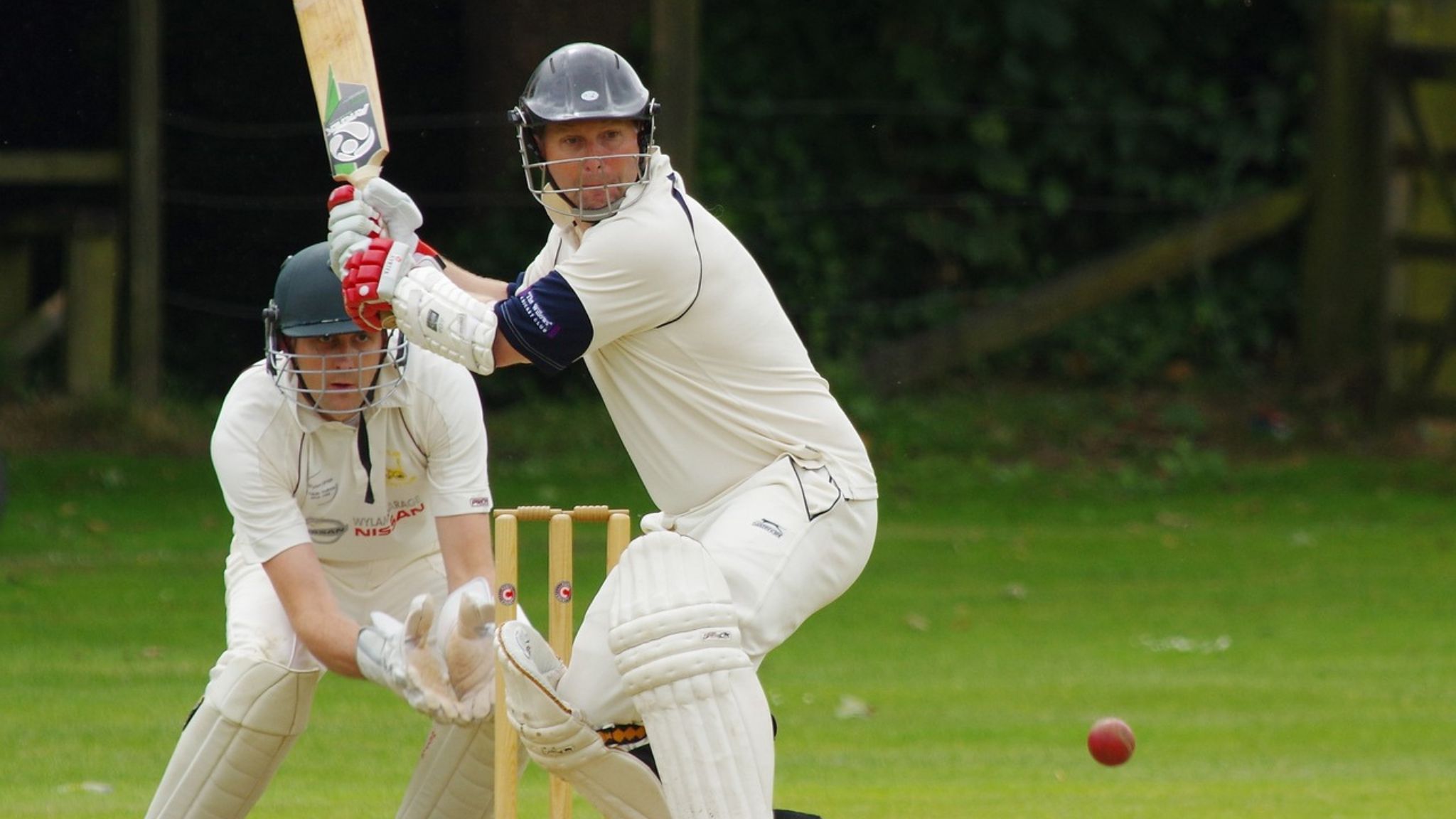Introduction
Baseball isn’t just a game of skill; it’s a chess match played out on a diamond. Understanding the intricacies of baseball strategies can mean the difference between winning and losing. From offensive techniques to defensive maneuvers, having a solid game plan is crucial for success. In this article, we’ll delve into various strategies that can help you or your team excel in the game of baseball.
Table of Contents
Basics of Baseball:-
Before diving into strategies, let’s lay a solid foundation. A standard baseball field consists of an infield, outfield, bases, and a pitcher’s mound. Each position on the field has a unique role that contributes to the team’s overall strategy. Players need the right equipment—bats, gloves, helmets, and cleats—to perform at their best.
Rules of the Game
Understanding the rules is essential for developing effective strategies. For instance, knowing the difference between a strike and a ball can help batters adjust their approach at the plate. Familiarity with the rules allows teams to exploit opponents’ weaknesses effectively.
Offensive Strategies

Batting Techniques
The first step in scoring runs is effective batting. Players should focus on:
Stance and Grip
A solid stance and proper grip on the bat can drastically improve a player’s hitting ability. Experimenting with different grips and stances can lead to better contact with the ball.
Timing and Contact
Timing is everything in baseball. Players must learn to recognize the pitcher’s release point and adjust their swing accordingly. Practicing timing drills can help develop this crucial skill.
Base Running Tactics
Once a player is on base, the next challenge is advancing. Here are a few key tactics:
Leading Off
Taking a lead off the base can put pressure on the pitcher and catchers. It gives players a head start for stealing bases and can even distract the pitcher.
Stealing Bases
Knowing when to steal is an art. Players must analyze the pitcher’s habits and the catcher’s arm strength to choose the right moment.
Bunting and Hit-and-Run Plays

Bunting can be an effective strategy to advance runners, while hit-and-run plays keep the defense guessing. Practicing these plays during training can enhance a team’s offensive capability.
Defensive Strategies
Positioning Players
Proper positioning can significantly impact the outcome of a play. Coaches should analyze opposing hitters and position players accordingly.
Infield vs. Outfield Strategies
Infielders often play closer to the batter and need quick reflexes, while outfielders should be ready for long hits. Each area requires different strategies and skills.
The Importance of Communication
Communication is key in baseball. Players must constantly talk to each other to avoid mistakes, especially during critical plays like pop flies or tag-outs.
Pitching Strategies
Types of Pitches
Understanding various pitch types is essential for effective pitching. Each pitch serves a different purpose and can confuse hitters when used strategically.
Fastballs, Curveballs, Changeups
Pitchers should have a diverse repertoire to keep batters off balance. Mixing pitches can lead to strikeouts and easy outs.
Pitch Selection
The right pitch at the right time can change the game. Pitchers need to assess the batter’s strengths and weaknesses before deciding which pitch to throw.
The Role of the Pitching Coach
A good pitching coach can provide valuable insights and strategies that help pitchers refine their skills and develop effective game plans.
Game Situations and Strategies
Situational Awareness
Understanding the game situation—such as the score, inning, and number of outs—can help teams make smarter decisions.
Adjusting Strategies Mid-Game
Sometimes, a game plan may need to be adjusted based on how the game unfolds. Being flexible and adapting strategies is crucial for success.
Mental Strategies

Focus and Concentration
Baseball is as much a mental game as it is a physical one. Players must develop mental toughness to maintain focus, especially during high-pressure situations. A well-coordinated team works together more effectively. Building chemistry among players can lead to better communication and trust on the field. Being able to perform under pressure separates good players from great ones. Mental preparation techniques, such as visualization and deep breathing, can help players stay calm.
Training and Preparation
Practice Drills
Regular practice is essential for mastering baseball strategies. Incorporating drills that focus on specific skills can improve overall performance. Studying opponents’ tendencies and strategies can give teams a competitive edge. This involves watching game footage and scouting reports.
Physical Fitness and Conditioning
A well-conditioned athlete performs better. Incorporating strength and agility training into practice routines can lead to improved performance on the field.
Conclusion
Winning in baseball requires a combination of skill, strategy, and mental fortitude. By understanding offensive and defensive strategies, honing pitching skills, and fostering teamwork, players can elevate their game. Remember, each game is an opportunity to learn and adapt. With practice and dedication, success will follow.
FAQs
What is the most effective offensive strategy in baseball?
The most effective offensive strategy often depends on the team’s strengths and the opponent’s weaknesses. However, a balanced approach that includes solid batting, effective base running, and smart situational plays usually yields the best results.
How can pitchers improve their game strategy?
Pitchers can improve by studying batters’ tendencies, diversifying their pitch selection, and working closely with coaches to refine their techniques.
What role does teamwork play in winning a game?
Teamwork is crucial in baseball. Good communication, trust, and understanding among players can enhance performance and lead to more effective strategies.
How important is mental preparation for players?
Mental preparation is extremely important as it helps players handle pressure, maintain focus, and stay confident throughout the game.
What are common mistakes teams make regarding strategy?
Common mistakes include failing to adapt strategies mid-game, not analyzing opponents thoroughly, and neglecting the importance of communication and teamwork.












